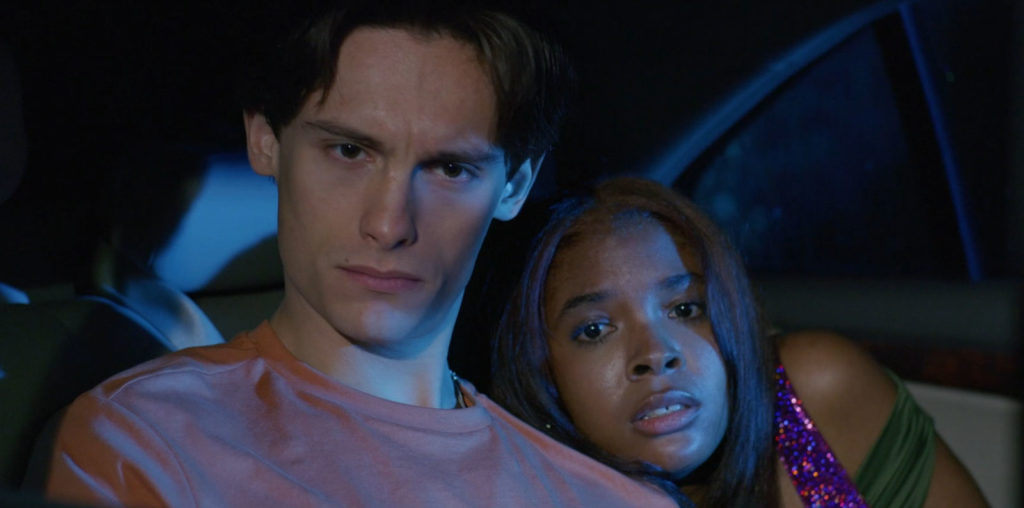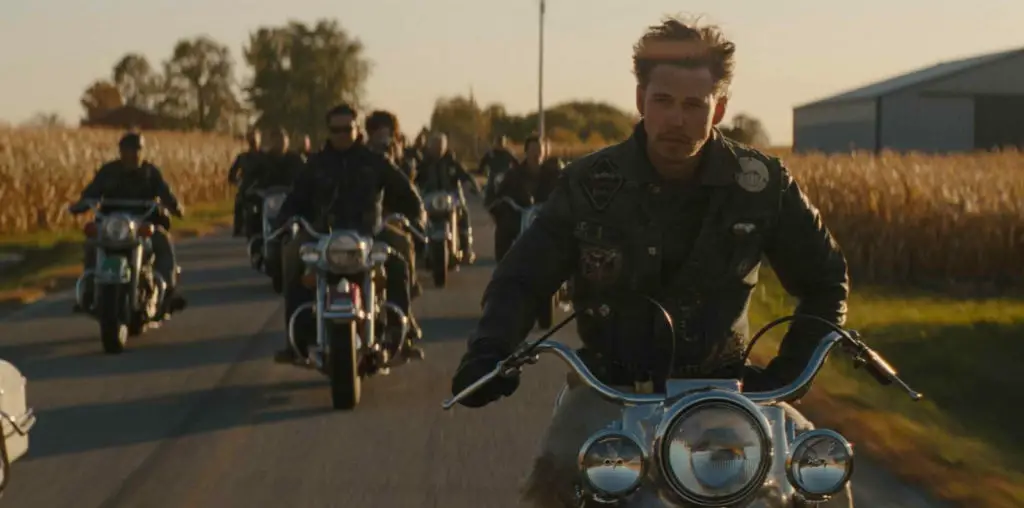
Aside from knowing that it happened when I was in my teens, I cannot recall the exact details of the first time I saw “Monty Python and the Holy Grail” (Terry Gilliam and Terry Jones, 1975). I loved its apparent randomness and the concepts of Knights who said Nee, peasants that didn’t know they were ruled by a king, and a prince that didn’t want the land because he wanted to sing. After exposure to more of Monty Python’s works, such as “Life of Brian” (Jones, 1979) and “The Meaning of Life” (Jones, 1983), Graham Chapman had become my favorite among the Flying Circus boys. Unlike a good fan, though, I never read up on his life pre or post the comedy sketch troupe. Until I watched “Monty Python’s Graham Chapman: Looks like a Brown Trouser Job,” I was unaware of his going to Cambridge University or that he died in 1989. Produced by Richard Miller and edited by Hanne Anderson, “Looks like a Brown Trouser Job” is a video of the college tours Chapman went on in 1988.
Before getting to the DVD, I would like to share some things about Chapman that I read while researching his life. He pursued medical studies at Cambridge’s Emmanuel College in 1961, met John Cleese, and they joined the Cambridge Footlights. Chapman was not a closeted homosexual. He died of spinal cancer in October of 1989, one year after he spoke at colleges across the United States. Chapman doesn’t explicitly discuss his childhood, his sexual orientation or that his vices (tobacco and gin) contributed to deteriorating health, but in the seventy-six minutes of “Looks like a Brown Trouser Job” that he spends talking about his life, you learn more than just a series of biographical facts. Seamlessly transitioning from topic to topic, Chapman covers subjects including David Kirk’s Dangerous Sports Club, the adrenaline buzz related to being scared, Keith Moon of The Who, how to play Shitties, censorship, and his writing process. The question-and-answer portion of the lecture hits on his favorite character that he’s played, how he and the Monty Python gang got together, and frontal nudity in “Life of Brian.” With matter-of-factness, Chapman explains that the film was shot in Tunisia and there were 300 extras, half of which were women. In the scene where Brian opens the windows and salutes the world, the women ran away screaming because it’s against Muslim law for them to see a naked man.
The DVD begins with a disclaimer warning the viewer of the less-than-perfect quality of the images. In standard stagnant recital aesthetic, the tours were videotaped with Chapman’s permission and likely not intended for anything but personal use. For those of you who are familiar with 80s to mid 90s home video imagery, it takes but a few minutes to get accustomed to the brightness of faraway shots and darkness of certain close-ups. What’s actually more distracting is that Chapman appears to be wearing the same red and navy outfit in every change of shot distance so you assume that everything was from the same event. On the other hand, the lighting varies significantly enough that they can’t be from one place. Only when the ending credits start rolling do you realize that the footage you just watched was compiled from more than one lecture. The disc’s special features contain bonus Q&A footage, TV spots, and an Iron Maiden music video.
I don’t know why I favor Chapman. He isn’t sillier than Michael Palin, crazier than Eric Idle nor does his subtle humor outperform that of Cleese—who can tell you the most ridiculous things and keep a straight face. As “Looks like a Brown Trouser Job” reveals, however, Graham Chapman exudes a calmness that simultaneously camouflages and emphasizes the comedy in his stories. Categorically speaking, the content of his college tour lectures are no different than comedians whose routines are based on the ____ (fill in blank with any adjective) ___ of their lives. Yet, Chapman’s accent, his word choice, and way of speaking result in an experience that transcends the ordinariness of someone who is telling you what they did last week.

